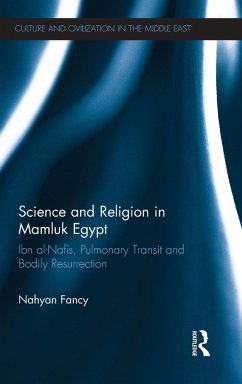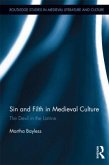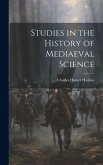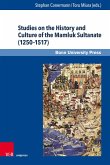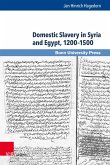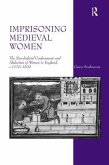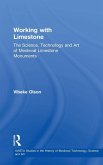This book helps situate a ground-breaking discovery in the history of the life sciences: the discovery of the pulmonary transit of blood, a prerequisite for William Harvey's fully developed theory of blood circulation three centuries later. By revealing the social, religious, philosophical and medical contexts of this discovery, the book illuminate the intricate ways in which science and religion interacted in the medieval Islamic world. As such, it provides a new framework with which to challenge the oft-repeated, but incorrect, assertion that science came to a standstill within the Islamic world due to religious antagonism.
Hinweis: Dieser Artikel kann nur an eine deutsche Lieferadresse ausgeliefert werden.
Hinweis: Dieser Artikel kann nur an eine deutsche Lieferadresse ausgeliefert werden.

